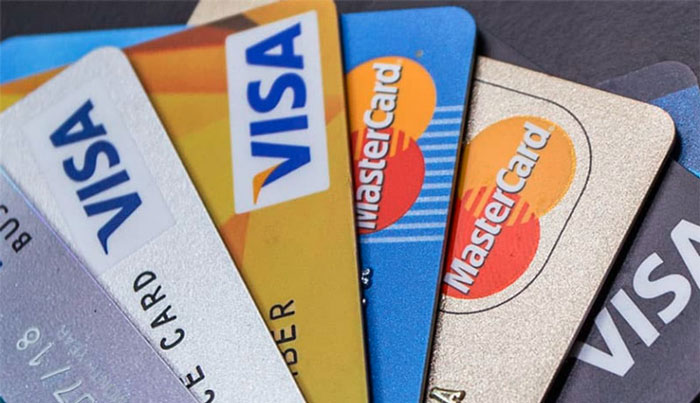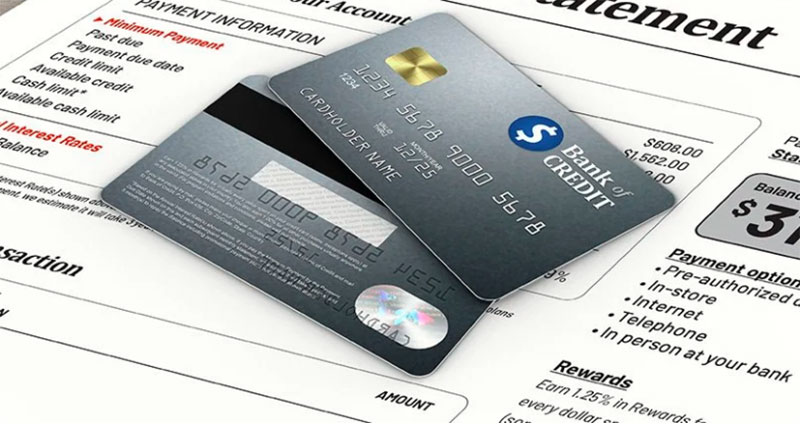All About Credit Card Convenience Fees Legal
Nov 20, 2023 By Triston Martin
The merchant fees for accepting credit cards are becoming more pressing as the United States evolves toward a paperless economy. Most businesses will absorb the merchant fees associated with accepting credit card payments. The catch is that some companies charge the customer for this service.
The company may tack on a convenience fee when a consumer pays with a non-standard payment method. A company that generally only accepts online payments might, for an additional price, add the option to pay over the phone. All 50 states allow for collecting convenience fees, but retailers must disclose them beforehand. Alternatively, the preferred payment method must also be available before a convenience fee can be applied.
A surcharge is an additional cost imposed by a company for accepting a particular payment method (in-store, online, or over the phone). A tax is added to your purchase when you pay with a credit card. Surcharges are only allowed in some locations and must be prominently stated at the register and on your receipt. U.S. regulations prevent retailers from adding extra on credit card purchases made outside the country (with the exception to this rule being Canada).
When may you use a credit card to make a purchase?

If you've already paid for the item, you might need clarification as to why the seller would still charge you a fee. It all comes down to the nature of credit card transactions, which is why most retailers must implement some sort of surcharge.
When you use a credit card at a store, the card company takes a cut of the purchase. It is customary for the retailer to pay this fee when accepting credit card payments. These charges, though, can quickly pile up. A surcharge is added to a customer's bill when they use a credit card, so the business doesn't have to pay the cost.
While some stores may need to be made aware that they can charge more, others refrain from doing so out of respect for their clientele. To add insult to injury, figuring out how to implement the fees might be a headache for certain companies. Instead, many companies include the price of credit card processing in their operating expenses.
For instance, businesses such as gas stations can implement convenience fees and surcharges. However, it may be a matter of semantics that your credit card company charges you more when you pay for gas with your card.
The Maximum Fee Would Be For Using a Credit Card

A business must adhere to specific procedures when adding a premium for customers paying with credit cards. First, the company must give proper notice to the credit card companies and make it known that a fee will be assessed for using a credit card. Even if it costs the business more to process your credit card payment than the maximum allowed surcharge of four per cent, the firm is not permitted to charge you more than the lower of the two amounts.
Like processing fees, convenience fees let a company recoup the money it costs to complete a transaction. Two to three per cent of the total cost is the typical percentage added as a convenience fee. These charges are designed to help businesses recover some money they lose on payment processing. Thus, leaders should stay within what is necessary to cover the cost of processing. Companies who try to charge more should be notified to the card's issuing bank.
Summary of State Laws
Credit card fees are legal in Alabama because no minimum discount is required for any payment type. Transactional means of making monetary payments. No law mandates different values for various forms of compensation. Neither surcharges for using credit cards nor requirements that businesses provide discounts for using alternate forms of payment are prohibited by Utah law.
Vermont Legal
There is no statutory bar against adding a credit card cost and no mandated reductions for alternative payment methods.
Virginia Legal Credit card surcharges are not illegal, and there are no mandated discounts for cash or other payment methods. Legitimate sellers may offer cash discounts in Washington state. West Virginia Legal There is no law prohibiting surcharges for using credit cards, and there is also no law mandating discounts for using alternative payment methods.
Legitimate businesses may offer discounts in Wisconsin for using non-credit card payment methods. Sellers operating within the bounds of the law in Wyoming are permitted to provide a value of up to 5 per cent if the buyer pays with a method other than a credit card.







